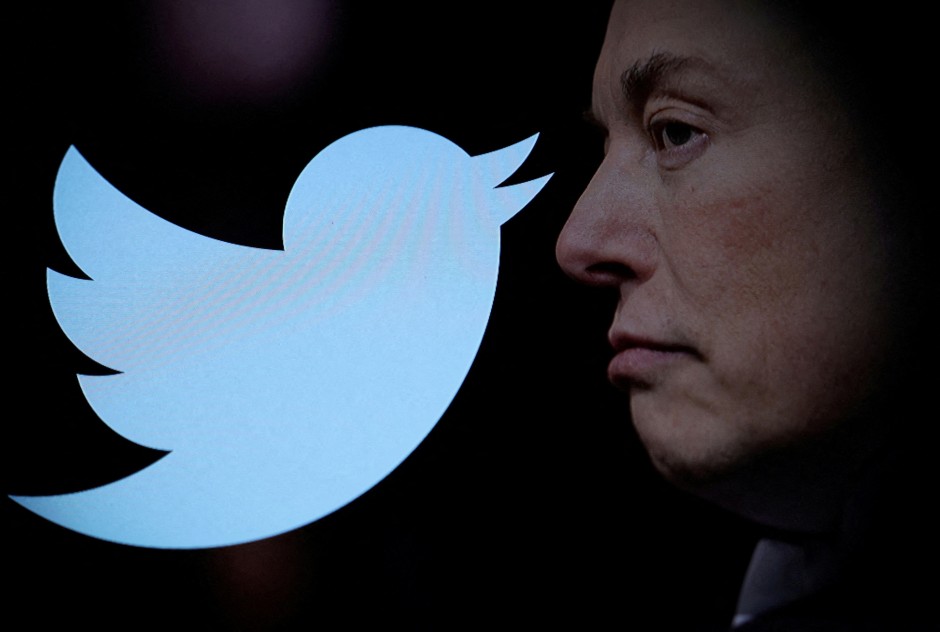
IIn the trial of fraud allegations by investors against Tesla boss Elon Musk, the tech billionaire himself was called to the witness stand on Friday. However, not much came of it at first: About half an hour after the start of Musk’s questioning by the plaintiff’s lawyer, the court adjourned until Monday.
The case stems from Musk’s August 2018 tweet rushing to announce that he intends to delist the electric car company and has secured funding to do so. Later it turned out that there were no firm commitments from investors. Investors are basing their class action lawsuit against Musk and Tesla’s board of directors on this. The false tweets triggered price swings that caused them to lose money, they argue.
Musk’s defense cites unfortunate choice of words
The short time on the witness stand Friday allowed some glimpses of Musk’s line of defense. He insisted that the 240-character length of the Twitter messages did not allow for detailed explanations. His lawyer had already said in the opening statement that the phrase “funding secured” was only due to an unfortunate choice of words under time pressure, while Musk meant something else. The lawyer for the plaintiffs reminded the Tesla boss in the survey that he also had to provide correct information about his company on Twitter.
At the same time, Musk tried to question the general impact of his tweets on investors. “Just because I tweet something doesn’t mean people will believe it or act on it,” he said. He once wrote on Twitter that he thought Tesla shares were too expensive – and the price continued to rise afterwards.
Judge Edward Chen found in the proceedings last year that Musk’s statements in the tweets were not true. While the jury is made aware of this at trial, it is expected to evaluate whether those statements were relevant to investors – and harmed them by relying on them. They also need to determine whether Musk was aware that he was making false statements.






